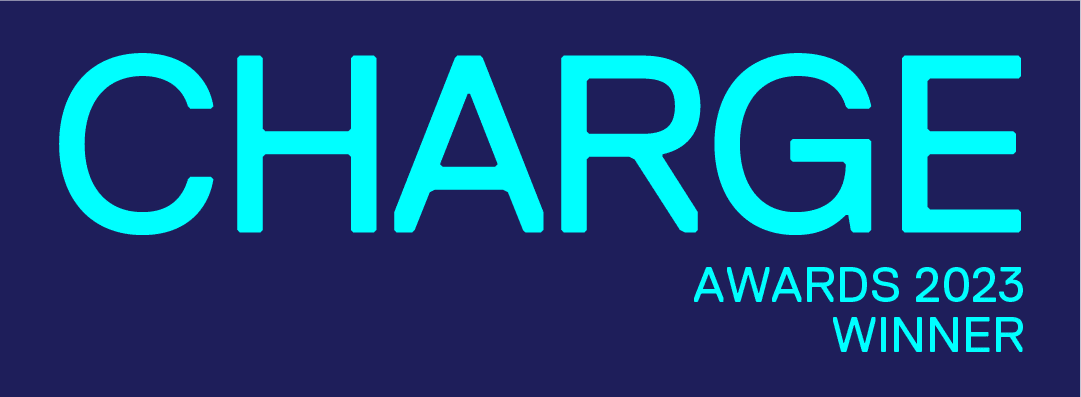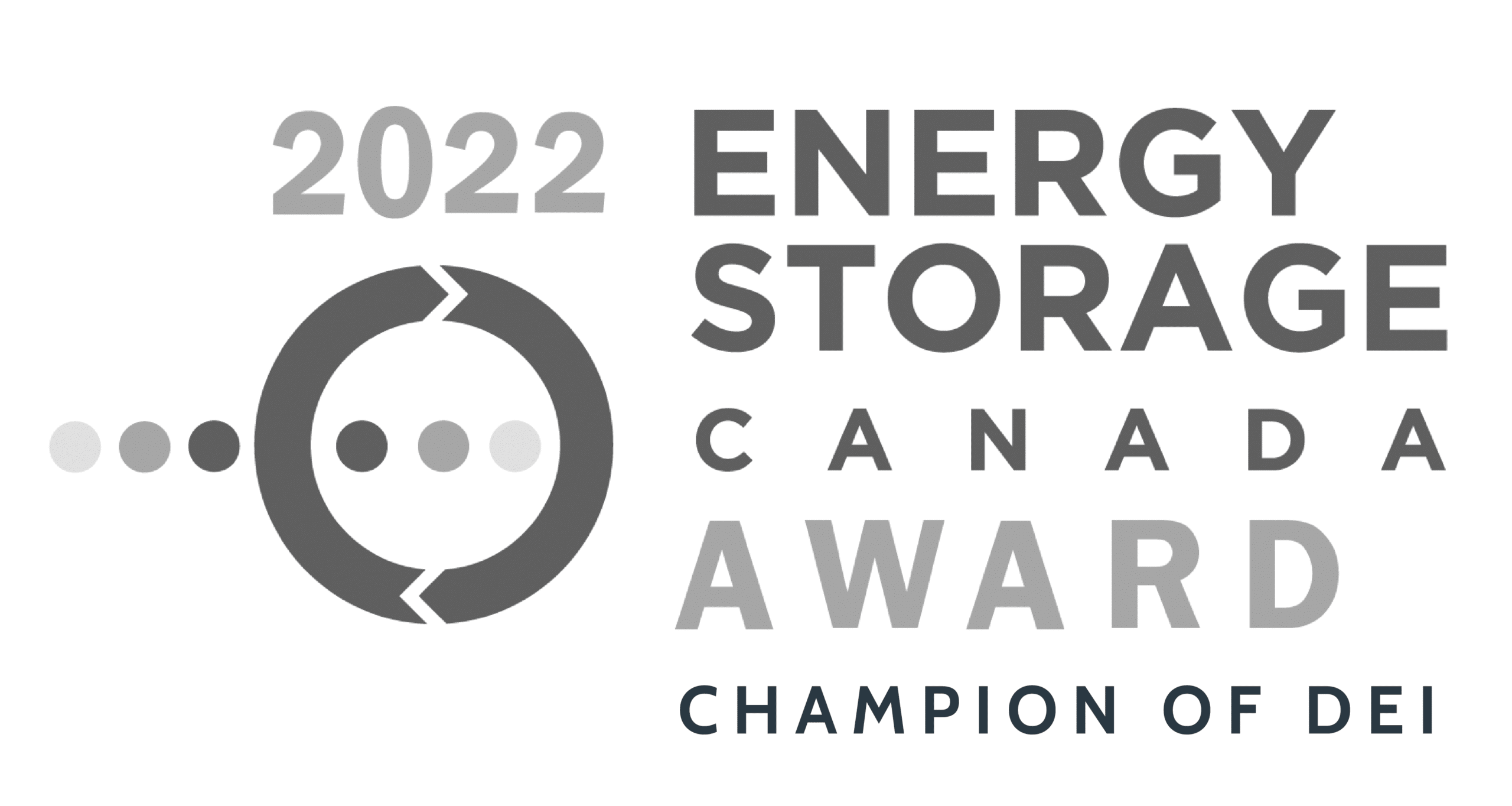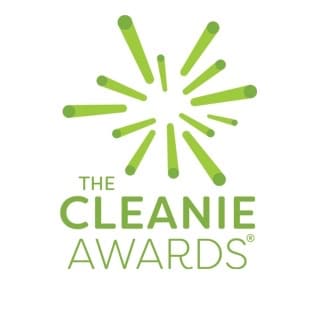Diversity, Equity, and Inclusion (DEI) are core to Peak Power. And building a better DEI strategy is done through action.
We sat down with Leigh Billinghurst, our Senior Director of People and Culture to talk about some of the specific actions we’ve taken in our company to action our DEI Strategy, including the recognition of Juneteenth in the US and the National Day for Truth and Reconciliation in Canada.
Can you tell readers about our company’s approach to DEI Strategy?
I should start by saying there was a lot of work done by our JEDI (Justice, Equity, Diversity, and Inclusion) Committee prior to me joining Peak Power and there continues to be a lot of work going into our DEI strategy by this group.
The JEDI Committee led the development of our DEI mission, vision, and goals. It’s part of the framework for a larger plan that we are continuously revisiting and iterating on. The JEDI mission is to create a just, equitable, diverse, and inclusive work environment for all staff regardless of age, race, ethnicity, country of origin, language, religion, spiritual practice, sexual orientation, gender identity or expression, and socio-economic and mental/physical status.
The vision is that Peak Power is a recognized leader for being one of the most diverse, equitable, and inclusive companies in the energy industry.
DEI is not something a company can just set and forget.
How does the work being done in the JEDI Committee get translated into action at the corporate level?
So, we’re taking a very strategic approach in terms of using data to frame our approach, the priority, and the alignment with cultures, wants, needs, and desires. Strategic DEI is not one size fits all.
There’s a lot of work being done behind the scenes to obtain accurate data, greater insight, and an understanding of our own pain points and areas for improvement.
Part of this is the partnerships we’ve created. Peak Power has partnered with Diversio, STEPup, and Without Exception to dive deeper, ask more questions, and complete more surveys for an exact picture of where we excel and where we fall short. This is the type of data that determines our focus.
Have there been any “Aha!” moments as a result of this data analysis?
Lots! Firstly, it starts with data, and we do have two different formats to collect this.
Through Diversio and STEPup, we gathered survey-type data with multiple-choice and open-ended questions. Without Exception is designed as a more open-ended avenue for dialogue to dig a little deeper and find specific concerns and areas of opportunity.
One “Aha!” moment for me was found in our Diversio survey results. We learned that we are far above the industry average for ethnic and sexual orientation representation in our company. On the flip side, we found that we have some work to do on gender representation.
One of the big issues we recognized centred around mental health, especially as a result of COVID. We had 2 years of all of us riding an emotional roller coaster, and that had recognizable impacts on the mental health of our people. We were all dealing with a lot of unknowns, social isolation, and loss.
We were able to go back to Without Exception to dive deeper into this. We found that there is a huge opportunity to improve mental health indicators by working on psychological safety in the workplace. We want to create a space where people are comfortable speaking up and expressing themselves authentically.
Why are DEI initiatives important to Peak Power?
Quite simply, by uncovering these findings and developing action plans around them, we become a stronger and more effective company. We can work to remove barriers to collaboration and encourage all staff to have a seat at the table.
Companies hire people for their expertise, and if they can’t share that expertise, it does a disservice to other team members and the company as a whole.
Diversity is one thing, but it’s really about equity and inclusion where you see the benefits, both individually and at a corporate level. We’re striving to bring greater cultural awareness and understanding that allow team members to bring their authentic selves to work and experience long, transformative careers in the company. This can be done through social events, educational events, and overall corporate policy.
We also strive for individualized support, because each person’s situation is unique. A great example of this is for single parents. Single parents have a lot on their plate, and their schedules can get entirely disrupted when, for example, a child gets sick or daycare schedules change. To build a more equitable and inclusive workplace we have chosen to keep our hybrid model. If a team member needs to work from home because a child is sick, they can do it without repercussion. We have flexible hours, with core working times, so that individuals can live their lives without barriers: whether they want to head to a spin class in the morning or pick up their child from daycare at the end of the day.
Like I said before, DEI is not a one-size-fits-all approach. It all depends upon somebody’s mental health, age, gender, cultural origins, sexual orientation, etc. There could be, you know, a lot of things that may require some sort of accommodation or more understanding. When you support and respect your team members as individuals, they support your company.
Here is a strong statement that one of our team members heard at a webinar and shared with us, and I think it sums it up perfectly: “Diversity is a fact of human biology. Equity is a decision. Inclusion is an action.”
So, let’s talk now about Juneteenth and the National Day for Truth and Reconciliation. How does recognition of these days support DEI?
Well, I can go back to our JEDI Committee goals of creating an environment that is safe for all our team members and supporting greater opportunities for cultural understanding.
These days are critically important to folx from the BIPOC community, and they can have a huge impact on individuals. But, if our broader team doesn’t understand why the day is being treated as a stat holiday, or what the importance of that day is, it becomes a missed opportunity to build cross-cultural understanding.
So, if we don’t understand why the day is given off if it’s just looked at like another holiday; there’s a major missed opportunity there.
What does Peak Power have planned to recognize these days?
We need to encourage awareness of what these days stand for and let all our team members put themselves in one another’s shoes.
That’s why we decided to provide the day off for team members in each respective country. When you’re working in your regular day-to-day, it’s easy to forget to take the time for greater understanding and miss out on the chance to educate ourselves on the history of black and Indigenous lived experiences.
We’ve made the decision that these days, although recognized as a holiday, will come with a mandatory educational component that our team will take part in, and then use that as an opportunity for reflection.
Our JEDI Committee will be the ones leading the charge to prepare these educational resources. We believe it’s important that these initiatives are driven by a cross-sectional group of team members and not dictated by management.
As Senior Director of People and Culture, what is your corporate culture vision for Peak Power?
For me, the ultimate vision is that we’re mastering all four areas: Justice, Diversity, Equity, and Inclusion to achieve the JEDI Committee’s vision of having Peak Power as a recognized leader in DEI.
We’ve done some great work already in these areas, but there are things currently in development that are going to further support this. We’re actively working on developing career and compensation frameworks that demonstrate fairness, equity, equal opportunity, and transparency.
When each person on our team can say, “I belong here,” that would be the pinnacle of success.
What advice do you have for companies to implement concrete actions for their DEI commitments?
Unless you have a DEI specialist, you need to partner with an organization that specializes. DEI needs to have that level of focus from someone who has the background and education.
Those partnerships will help you understand what your current makeup is, where your areas of opportunities and challenges are, and then provide recommendations to help you. You know, put some concrete action plans in place.
You can also choose to recognize dates like Juneteenth and National Day for Truth and Reconciliation as a day off for reflection paired with educational opportunities for team members.
Why is it important for any company to adopt strong DEI initiatives?
Oh gosh, there are so many things!
First off, it’s the right thing to do, and it’s important.
From a business case perspective, it’s around attracting, hiring, growing, and retaining top talent. If your company doesn’t have a focus and concrete strategies around DEI, those individuals will look elsewhere.
We live in a world now where greater importance is being placed on culture and belonging. There are stats that support the fact that organizations perform better when they have diverse teams and different perspectives. If you’re creating an environment that is an echo chamber of similarity and agreement, with the same types of people making the same types of decisions, it‘s not contributing to the success of your organization. It might seem to work for a while, but it won’t last, and ultimately those organizations fail.
Engage in Meaningful Understanding
To learn more about Juneteenth, visit: https://www.history.com/news/what-is-juneteenth
To learn more about the National Day for Truth and Reconciliation, visit: https://www.canada.ca/en/canadian-heritage/campaigns/national-day-truth-reconciliation.html
To learn more about what Peak Power is doing in this space, listen to this Podcast with our Chief Strategy Officer, Imran Noorani:





